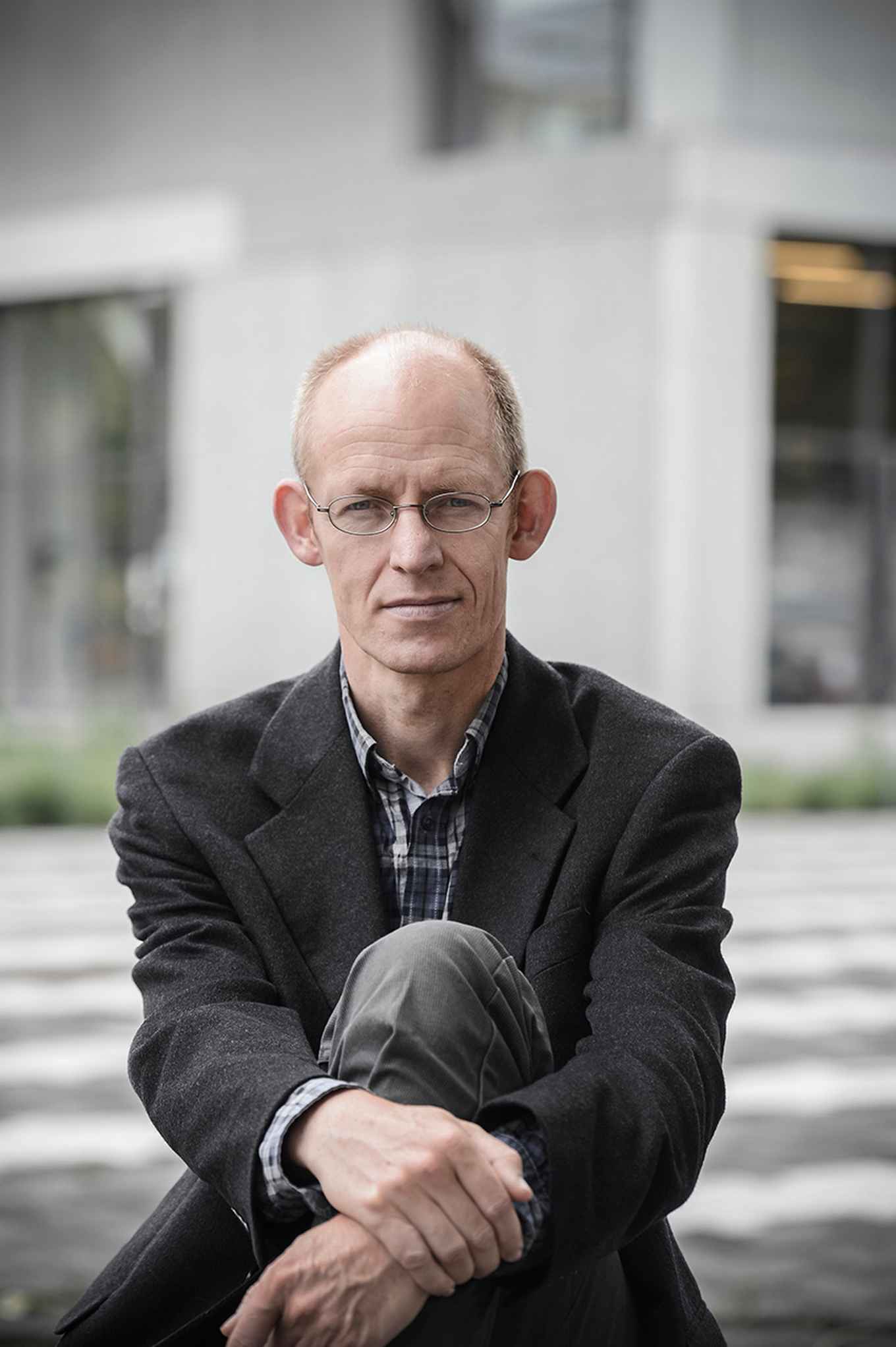Robert van Rooij, professor of Logic and Cognition
16 December 2013

Robert van Rooij studies meaning in language. In particular, his research focuses on meaning, the creation of meaning and the role of (the assumed) rationality of language users. Van Rooij uses logic and traditional game theory to minutely analyse the meaning of sentences and what is meant with these sentences that go beyond their literal meaning. His use of non-monotonic logic and signalling games for the analysis of conversational implicatures is innovative.
More recently, Van Rooij has drawn on evolutionary game theory to offer a functional explanation of structural features of language. For example, he uses this theory to explain why the lexicalisation of colours is (nearly) the same across all languages and why natural languages are vague (as a theory of bounded rationality). Van Rooij has also developed a new logic to adequately represent surprising experimental data on the actual usage of vague terms. Applying this logic to the analysis of 'semantic paradoxes' is now among the leading themes on his research agenda.
Van Rooij has been a university lecturer in Philosophy at the UvA since 2010. He has received various grants for his research, including a Vidi grant from the Netherlands Organisation for Scientific Research (NWO), a fellowship from the Royal Netherlands Academy of Arts and Sciences (KNAW) and an ERC Marie Curie grant to set up a European training network. His projects have also received funding from the European Science Foundation. Van Rooij has published in leading scientific journals and has authored five books, including Attitudes and Changing Contexts (Springer, 2006). He is a co-founder and board member of the European Philosophy of Language and Mind network and a member of the Philosophy research school at the UvA.